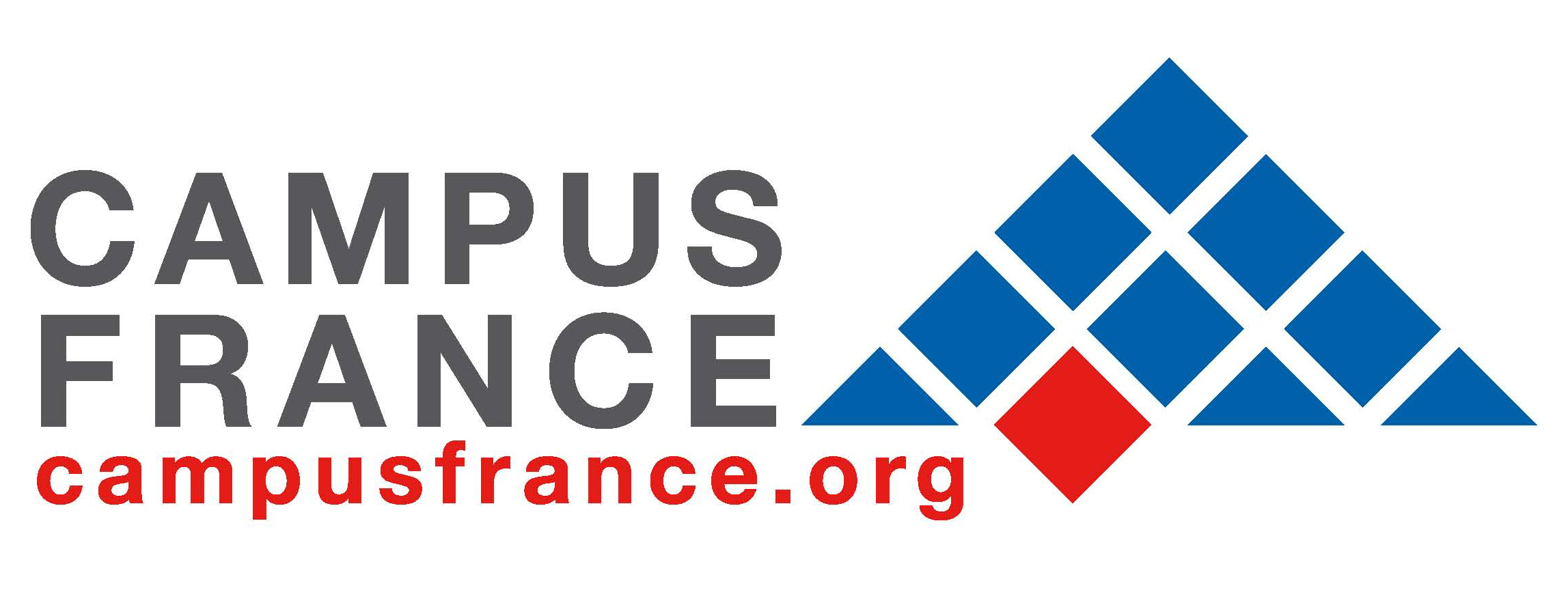Pedagogy
This MSc. Programme offers not only cutting-edge content but also new methods of teaching, based on the most recent developments in cognitive sciences—thanks to a partnership with the Leapfrog Institutes—and on the new skills developed by the next generation, such as video gaming, visualization, skimming, etc.
Accordingly, this master’s program is heavily invested in the ICT sector:
- One entire course grouping (Y2) will be taught online. Some of these courses will come from existing online courses (such as from the UK Open University) while others will be specifically tailored and achieved.
- Gaming will be considered an accepted tool of teaching. A series of specific games will be collected (either purchased, i.e. World Game from Buckminster FULLER, or downloaded, i.e. NASA educational games) and used by the faculty. At mid-term, the idea is to create a team of former students (this could be an internship) that would collaborate with a professional game developer and faculty members in the creation of specific games. These new games, beyond being used for teaching in this programme, may later be offered for sale.
- An online resource centre will be developed to offer students online access to the material related to each course. Lecturers’ presentations will be recorded and each video/audio clip made available for viewing on the website.
- During the two-year program, each student will contribute to the Future Café, becoming thus a “barrista.” This exercise will allow students to get acquainted with the international community of futures studies, before earning the diploma needed to enter the professional FS community.
1 programme, 3 principles
- You must invent in the same time than you learn, Plutarch.
This principle reminds teachers that their teaching must allow the inventive spirit to freely expresses itself. - Obest plerumque iis, qui discere volunt, auctoritas eorum qui docent, Cicero
For those who want to learn, the obstacle can often be the authority of those who teach.
This principle emphasises the role of pedagogy and the quality of the faculty. - Mens sana in corpore sano (from Juvenal) in ambitu sano / a sound mind in a healthy body in a sound environment.
This principle shapes the social life offered to students as well as the attention given to the quality of the facilities.
[…] Thirdly, learners need to be able to work with complexity and be able to interpret, filter out extraneous content, and make meaning. They need to be prepared for uncertain futures, none of which can be accurately predicted. In short, they need to be able to see the wood from the trees. There are many tools available today that learners can use to harness the power of web based content, including aggregation, curation and tagging tools, all of which can simplify complexity and allow learners to gain a purchase on chaos. […] by Steve Wheeler





